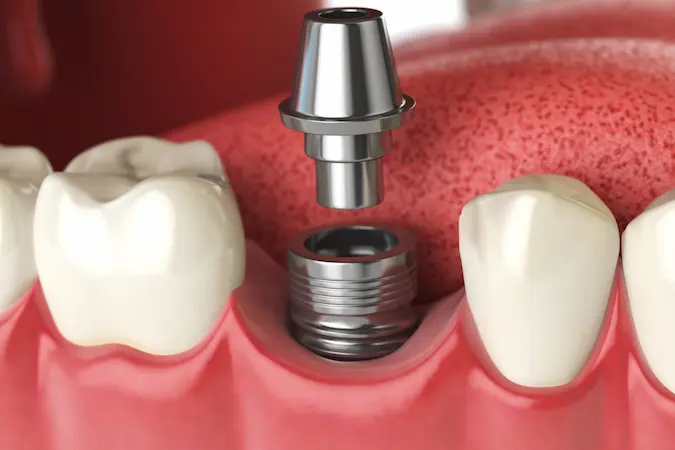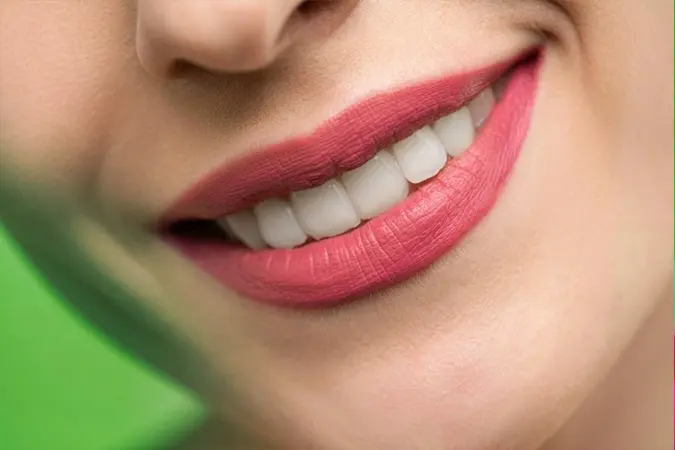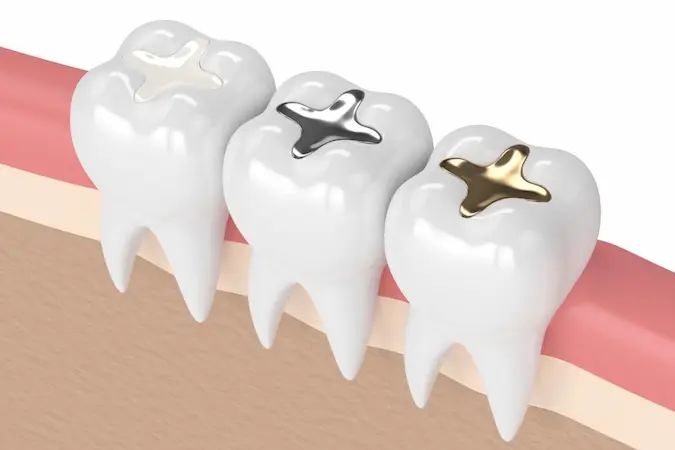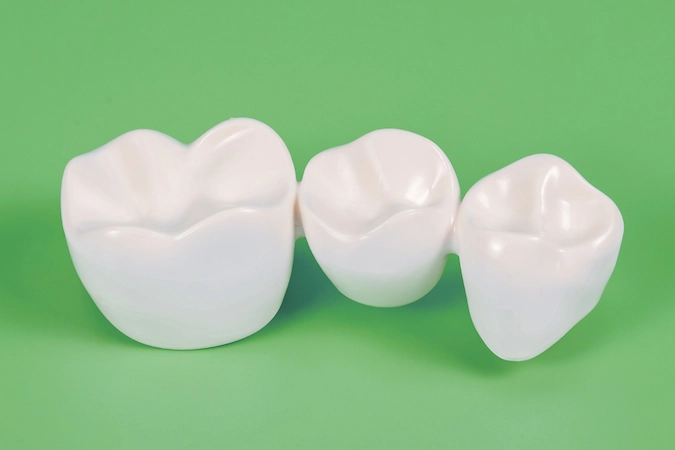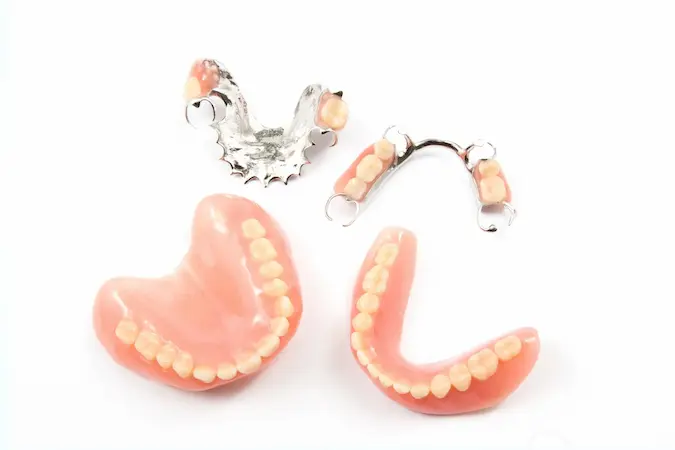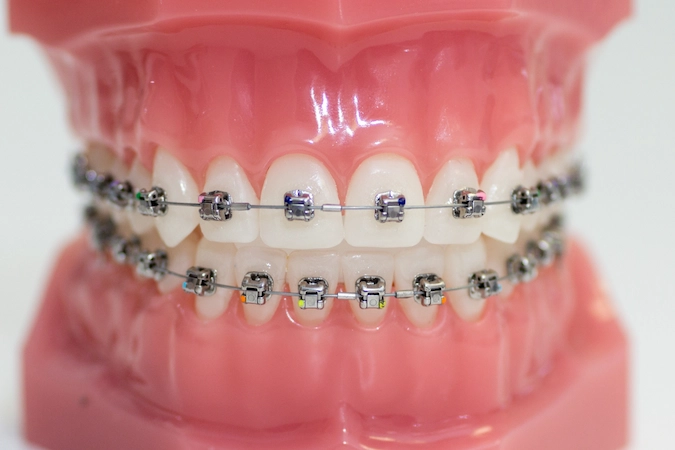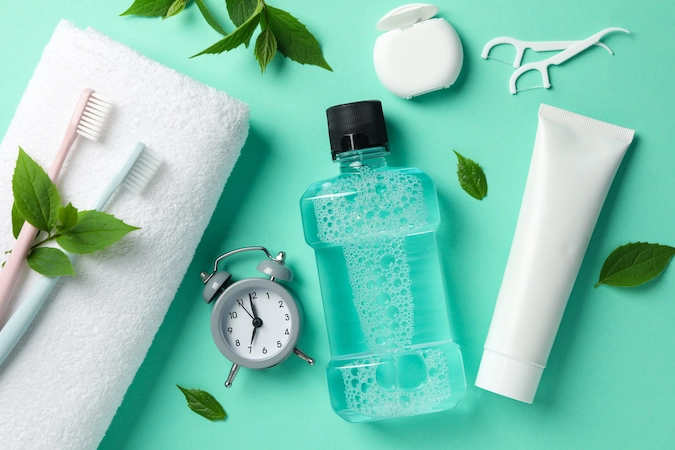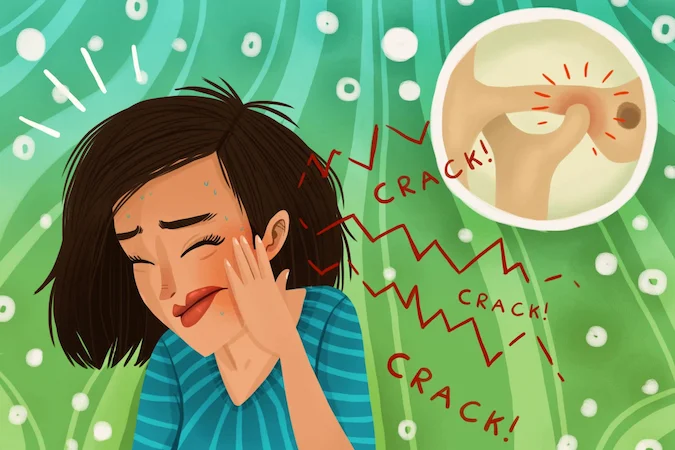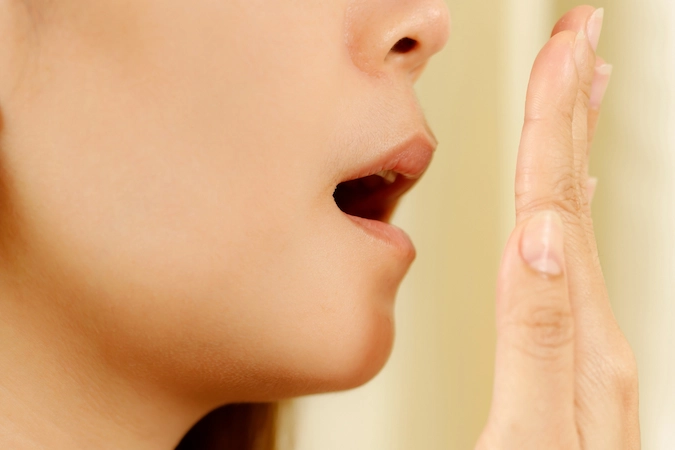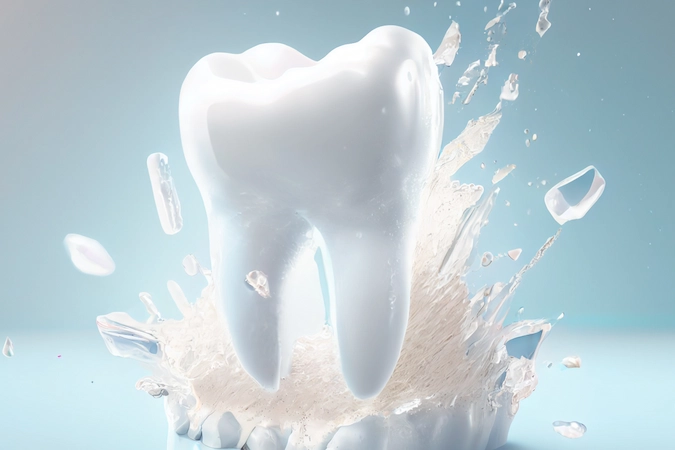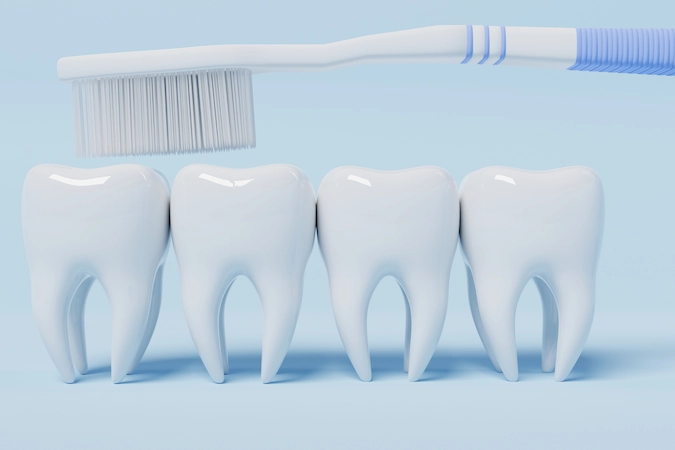Dentra
Bad Breath
Bad breath can result from oral, nasal, or systemic issues, but proper hygiene, regular dental care, and hydration can help prevent and treat it.
Causes and treatment:
- Physiological bad breath originates from the back of the tongue and is cured by brushing the tongue daily.
- Swollen gums trap food and blood for extended periods, causing them to rot and cause bad breath and taste. Regular dental care visits prevent gum diseases.
- Decayed cavities in teeth trap food, causing it to rot and produce a bad odor. Dental fillings are the best treatment for this condition.
- Decreased saliva results in a dry mouth, which reduces the washing effects of saliva and causes food to remain in the mouth. Moisturizing tablets or mouthwash will easily increase salivation.
- Unclean dentures collect food, which rots and emits bad odors. Cleaning and brushing their teeth regularly will prevent them from hoarding food.
- Systemic diseases such as diabetes, pulmonary, abdominal, and renal diseases.
- Some medication causes temporary bad breath.
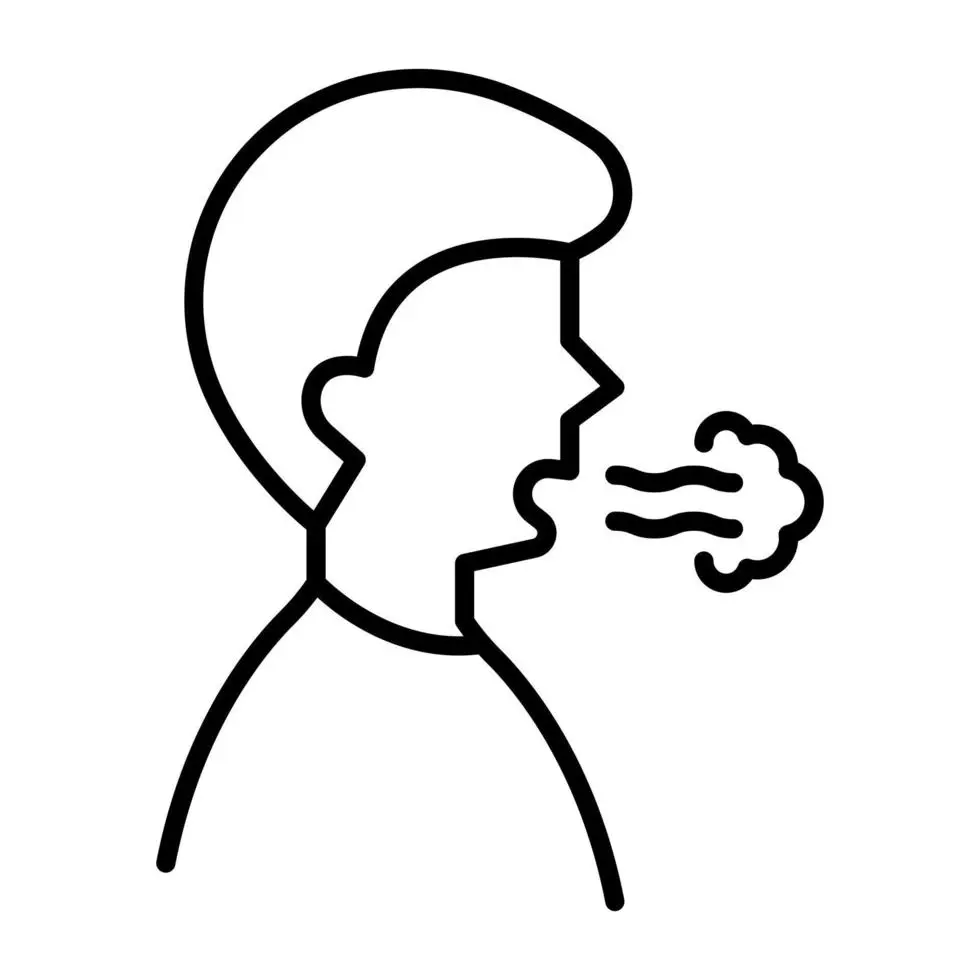
- Periodontal or gum diseases.
- Old or un-cleaned dentures.
- Foods that contain high protein levels, onions, garlic, etc.
- Directly before or during the menstrual cycle.
- Having a dry mouth (due to not drinking enough fluids, giving long speeches, being under stress, mouth breathing, certain medications, etc.).
For more info, don't hesitate to contact us.

